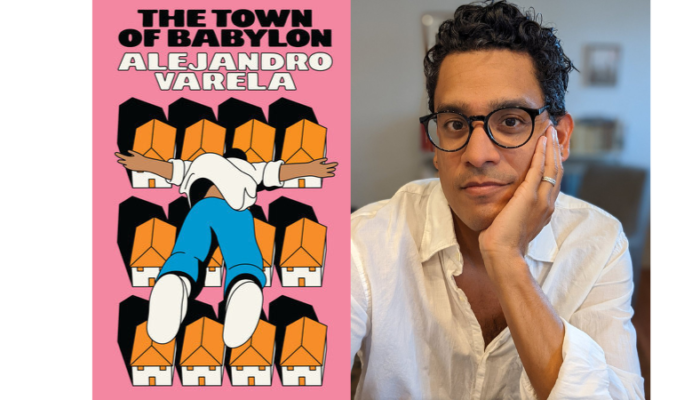Worse than White
by Ginger Skinner
Abigail was born too light. Too light for her momma and aunties. All of them varying shades of deep brown and proud of it.
“I don’t know how that child ended up so light. Everybody say her momma laid down with one of them Proctors over in Birchwood,” said Aunt Millie.
“Just as pale as a ghost. Like a lil white girl,” added Aunt Colleen.
Shavonne from sixth grade was inky dark just like Aunt Colleen and described Abigail the very same way. It tended to ooze out of her mouth each time her fist met Abigail’s face. “Dumb ass white girl!”
The last time it happened, Shavonne hooked Abigail’s leg with her foot just as she stepped off the school bus. Abigail landed hard, face first on the sidewalk, and all the fifth and sixth-graders watched as Shavonne hovered over her and spat out, “You think you better! Don’t you? Well, you ain’t.”
Shavonne’s words bruised Abigail.
Abigail had long blamed her father for her peachy-beige complexion and smattering of freckles. She’d suspected he was the culprit because she heard her momma once call him a “redbone devil.” And one time after yelling and throwing things in the bedroom her momma called him Satan incarnate, too. Abigail didn’t know what “incarnate” meant but she reasoned he must indeed be the devil since he’d stolen her momma away, and left her behind to deal all on her own with being the lightest girl in Jackson Hills.
After Shavonne walked away, Abigail got up slowly, plucking bits of gravel from her bloodied kneecaps. Making her way home, heart heavy, she licked the deep slit in her lip, tried not to cry, and longed to be either brown or invisible.
That night, over dinner, she told Aunt Colleen what happened. “Now just calm down. It ain’t that bad. You just need a lil color on you.”
Aunt Colleen told Abigail the story of how bad things had been when she was a young girl. “When I was your age, white folks used to chase me home from school throwing rocks and sticks and yellin out ‘Porch monkey’ and ‘pickaninny.’ People were so damn colorstruck back then.”
“What’s colorstruck?” asked Abigail.
“It’s when people think light skin is better than dark skin,” said Aunt Colleen.
“But, Auntie Colleen,” said Abigail. “No one thinks my light skin is better.”
And it was true. At least here in Jackson Hills, where many black families of means had migrated in the 30s to escape Jim Crow. There was Miss Rose, the old, purple-haired checkout lady at Giant Foods who once after staring at Abigail for longer than what seemed normal called her a “pretty little thing” and after that handed her a bag of gummy orange slices.
Abigail thought maybe Aunt Colleen was right, and that all she needed was a little color to fit in and make Shavonne go away.
The next day at school, Abigail overheard the sixth-grade girls in P.E. laughing about how white girls used oil and sat in the sun and ended up crispy and golden like Kentucky Fried chickens.
So that Saturday morning, as the sun was coming up, she grabbed the family size can of Crisco from Aunt Colleen’s pantry and carried it out to the back porch. Naked as a jaybird, Abigail slathered the white, thick greasiness over every inch of her body and lay out on a plastic lawn chair. Caked in vegetable shortening, Abigail closed her eyes, puffed out her chest, and waited to be brown.
It was almost three hours later when Abigail peeled herself off the chair and scurried off to the bathroom to see herself. Her new self.
There in the mirror,she stood frozen, examining the horrific figure that glared back at her.
Abigail didn’t think there could be anything worse than white. But it was clear to her now that there indeed was: Bright blistered red.
And it hurt.
GINGER SKINNER started writing at age 8, making her own greeting cards for family and friends from construction paper. While she no longer writes greeting cards, Ginger continues to experiment with and appreciate all forms of storytelling, including blogging, essays, and iPhone poetry–and to pay the bills, writes about health care.




